Mark TROMPP: “SAMBO Has Made My Life Much Easier”
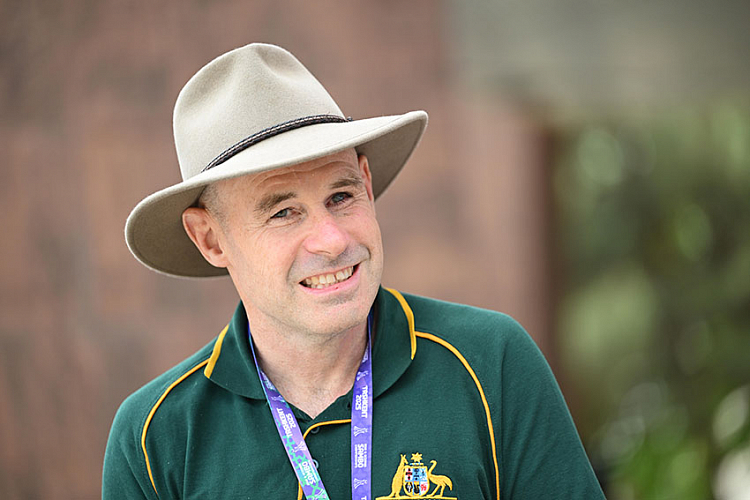
Australian athlete Mark Trompp, 53, who is totally blind, claimed the silver medal in the SVI-1 (totally blind) category at the Asia and Oceania SAMBO Championships held in Tashkent. In this exclusive interview for the FIAS website, he reflects on his path through the tournament, the crucial role of tactical experience, and his ambition to foster blind SAMBO programs in Australia.
How do you feel about winning the silver medal at the Asia and Oceania SAMBO Championships?
– I’m thrilled to have travelled to Tashkent and come away with a silver medal. The competition was world‑class; my opponents were exceptionally strong, and every match was tough.
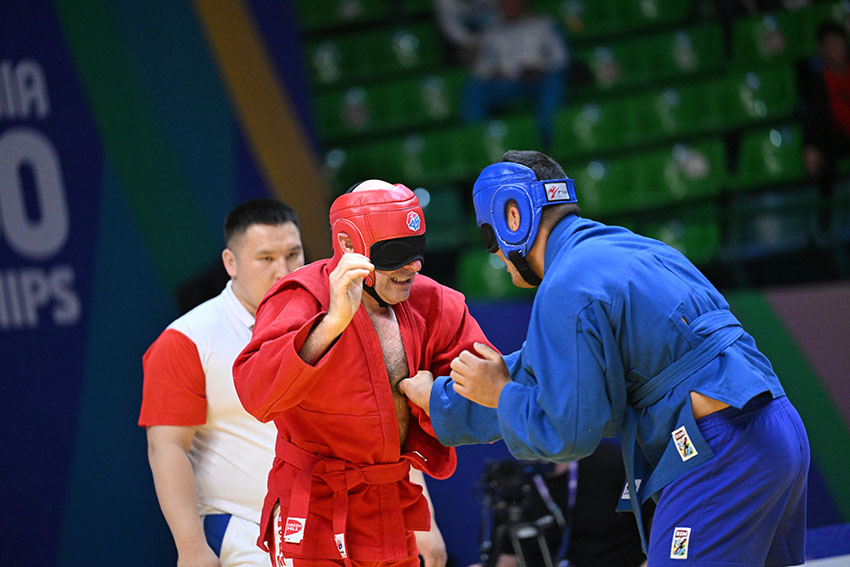
You mentioned the tournament was a rare opportunity to compete against other blind athletes. How did that aspect impact you?
– In Australia, blind sports are still developing, especially in wrestling and grappling. I usually face fully sighted opponents, so competing against other blind athletes was special. It felt great to share the mat with peers who understand the same challenges. SAMBO – and martial arts in general – has made my life much easier despite the difficulties of blindness.
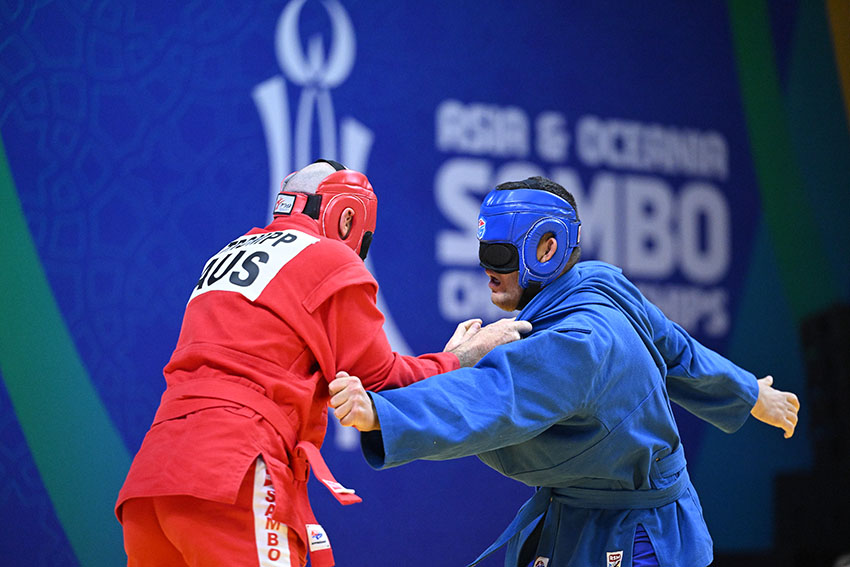
Can you walk us through your matches during the tournament?
– Sure. In the final, I faced Shokhrukh Nazarov from Tajikistan. And I thought he was going give me a free ride back to Australia (laughs). He was incredibly sharp – he planted his foot perfectly and threw me decisively. It was an outstanding performance.
Before that, I fought Saparbay Altybay of Kazakhstan – a huge athlete who moved me around the mat like a wrestling bull. I knew Kazakh competitors were formidable; I’d even worked with their wrestling team at the 2000 Olympics. Still, I managed to secure a submission victory, which I’m very proud of.
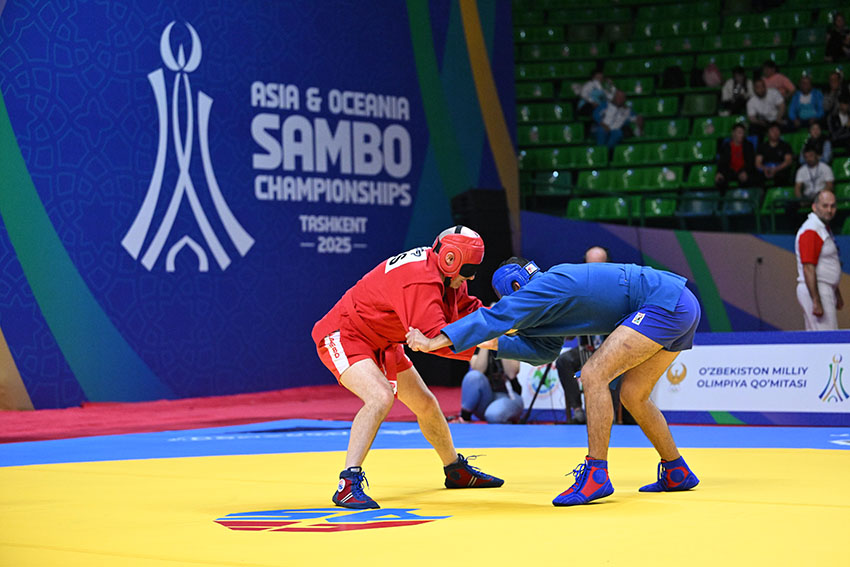
My opening match was against Paxlavon Yoqubov from Uzbekistan. He tried really hard to throw me, and he put in a hundred percent effort. But I won by points – 6 to 2. All of my opponents were high‑caliber, and each bout required maximum effort. I’m very pleased to earn second place in my first international SAMBO competition.
All of your opponents were much younger than you. How did you manage to compete so well?
– I’m an old soldier (laughs). In SAMBO and grappling, experience is crucial. Early on, I recognized my Uzbek opponent’s shoulder‑throw attempts. After letting him execute it once, I countered and transitioned straight into a ground submission attempt. Experience allowed me to read my opponent and adapt.
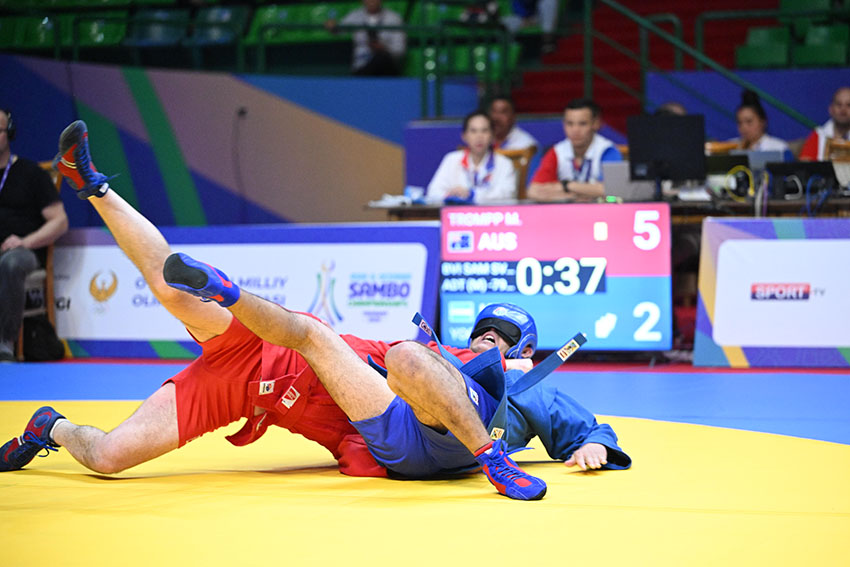
Physically, I train hard with aerobic workouts, weightlifting, and technical sessions several times a week at my Sydney club. The team there has been fantastic, and we are developing the SAMBO program now. And our other programs – including jiu‑jitsu, judo, and kickboxing – continue to grow.
You plan to promote Blind SAMBO in Australia. How will you approach that?
– I want to recruit athletes from other sports who already have competitive experience and introduce them to SAMBO. It’s an exciting sport – once people try it, they get hooked. I also hope to leverage my contacts to work with the Australian SAMBO Federation and expand programs for blind athletes.
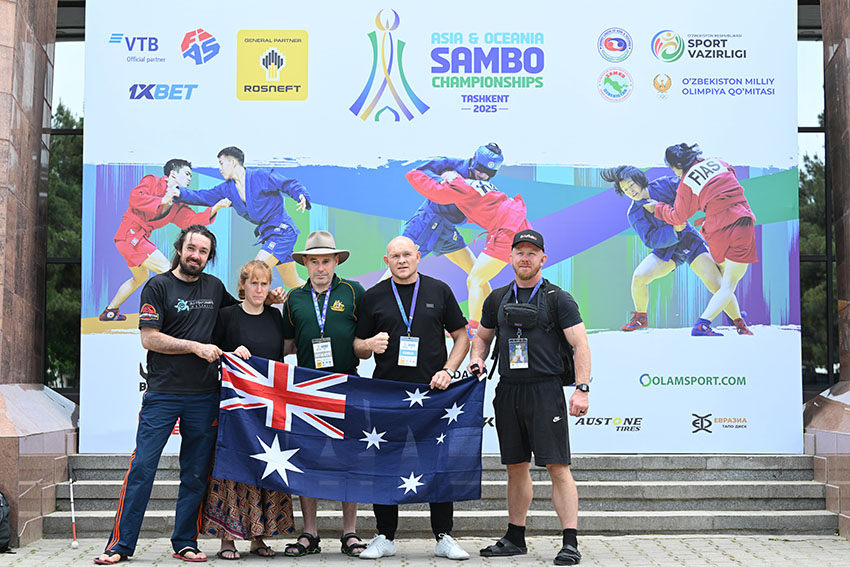
Is SAMBO dangerous for blind athletes?
– Not at all. I’ve been grappling for 25 years, and the worst injury I’ve had is a broken rib during training – my own fault. With proper technique and coaching, it’s very safe.
What are your goals for Blind SAMBO in Australia?
– My vision is to build a national team and bring athletes to Asia and Oceania SAMBO titles and other international tournaments. Experiencing competition and camaraderie will motivate them to continue. They'll want to do it over and over and over again.
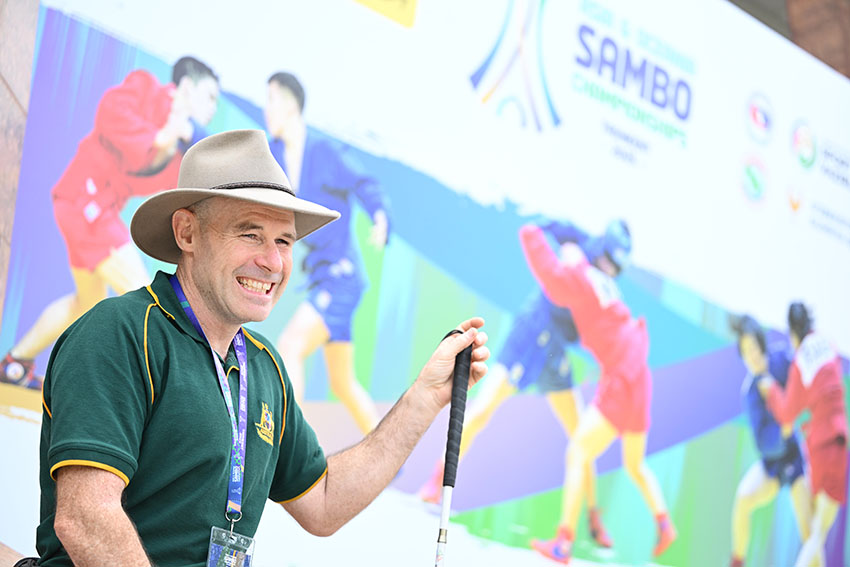
Do you see yourself like a coach?
– I love competing, but I've been doing this for a long time, so I can't do it for forever. And I love coaching, so definitely I'll be in a coaching role. But also I realize that you need to have development, so you need someone to develop the sport. I'm happy to help and use my contacts and push for more inclusion in Blind SAMBO as a whole, even with other countries.
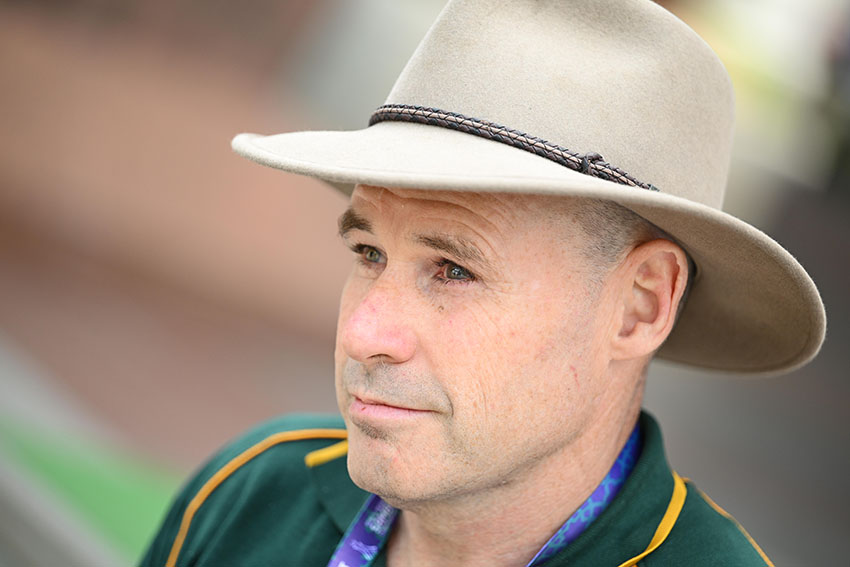
I understand the issues that people will encounter. The blind athletes really depended a lot on their coach. But it could be changed slightly, and blind athletes can be more independent because in the end, that's what you are looking at. You want to make people with disabilities more reliant on themselves and less reliant on other people.
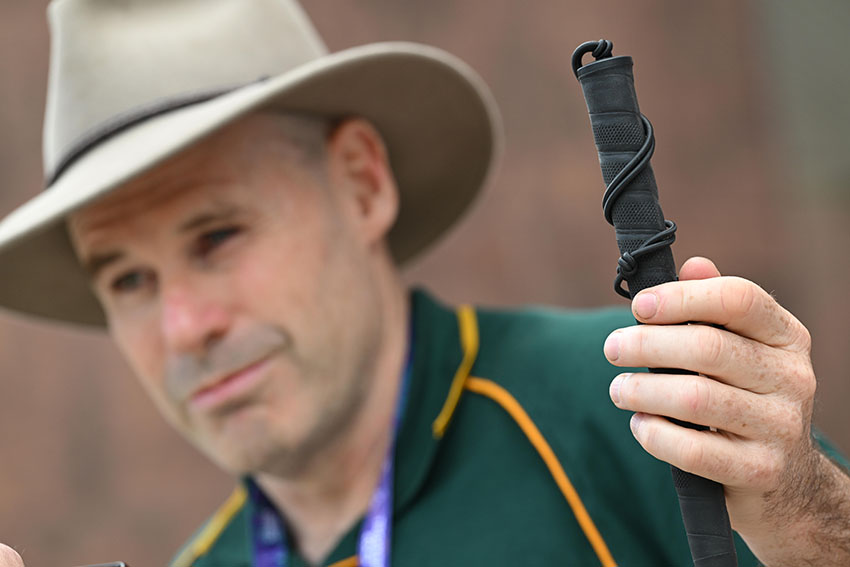
How do you see the role of Blind SAMBO as motivation for other athletes?
– Blind SAMBO offers people meaningful experiences. There are no excuses – we should seize every opportunity. For me, life is defined by experiences and memories, and I want others to embrace that fully through SAMBO.
- ВКонтакте
- РћРТвЂВВВВВВВВнокласснРСвЂВВВВВВВВРєРСвЂВВВВВВВВ
- РњРѕР№ Р В Р’В Р РЋРЎв„ўР В Р’В Р РЋРІР‚ВВВВВВВВРЎР‚
-
Did you see it? 29 MaySAMBO Without Borders: Friendly Encounter Between Tashkent and London Clubs Held in Uzbekistan
-
Did you see it? 11 April[VIDEO] The First SAMBO Athlete in Space - Oleg Artemyev. Documentary
-
Did you see it? 20 August[VIDEO] SAMBO competition among Indian schoolchildren held in Kerala
-
Competitions 25 JulySAMBO Athletes to Compete for a Unique Medal at The World Games 2025
-
Personalities 23 JulyRoman SHAKIROV: “Our goal is the first place at The World Games 2025”
-
Mass media 22 JulyThe World Games 2025 SAMBO Tournament to Stream Live
- Watch World Sambo Championships 2022. Bishkek, Kyrgyzstan 17 November 2022
-
Competitions 25 JulySAMBO Athletes to Compete for a Unique Medal at The World Games 2025
-
Personalities 23 JulyRoman SHAKIROV: “Our goal is the first place at The World Games 2025”
-
Mass media 22 JulyThe World Games 2025 SAMBO Tournament to Stream Live
